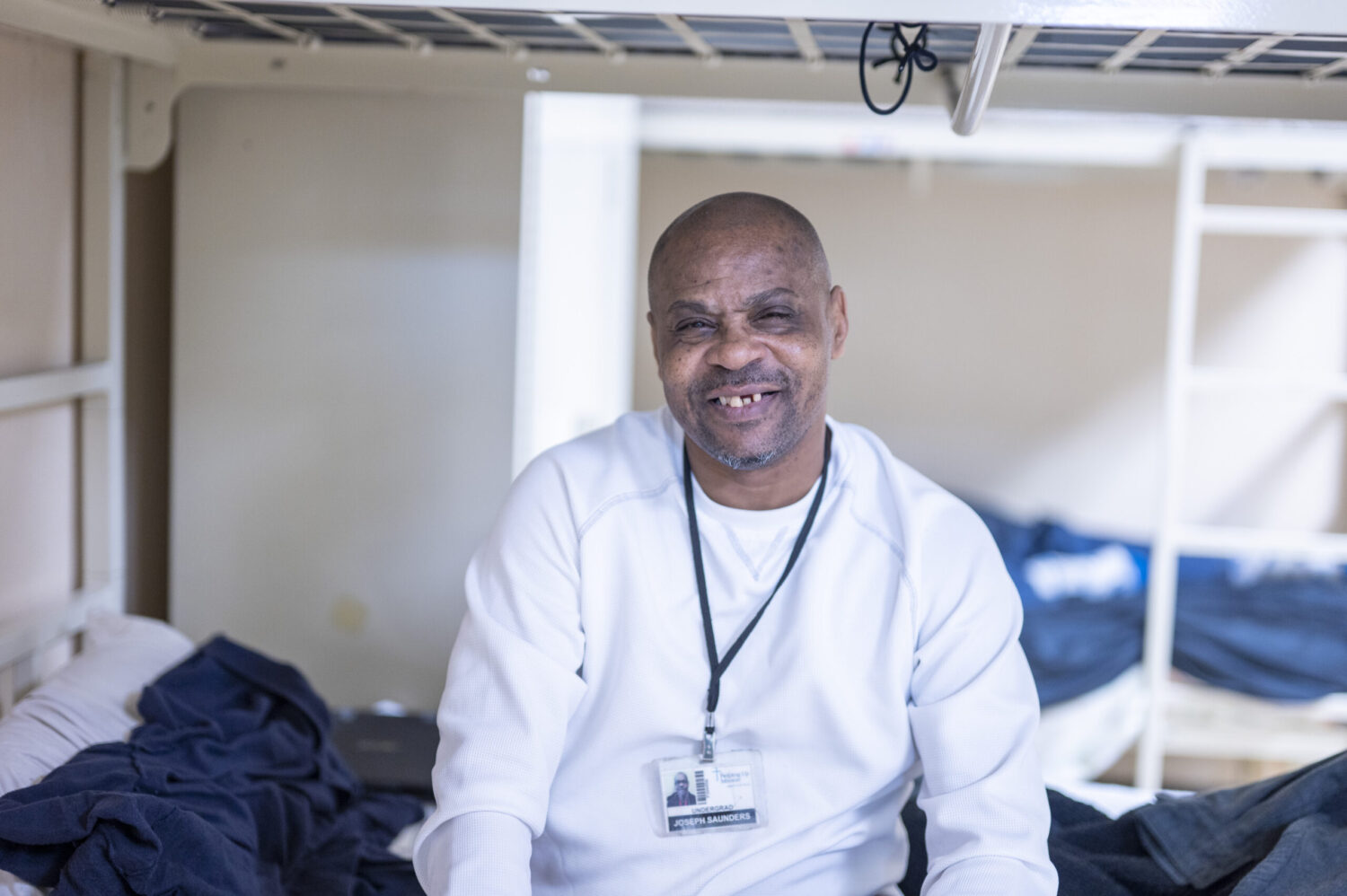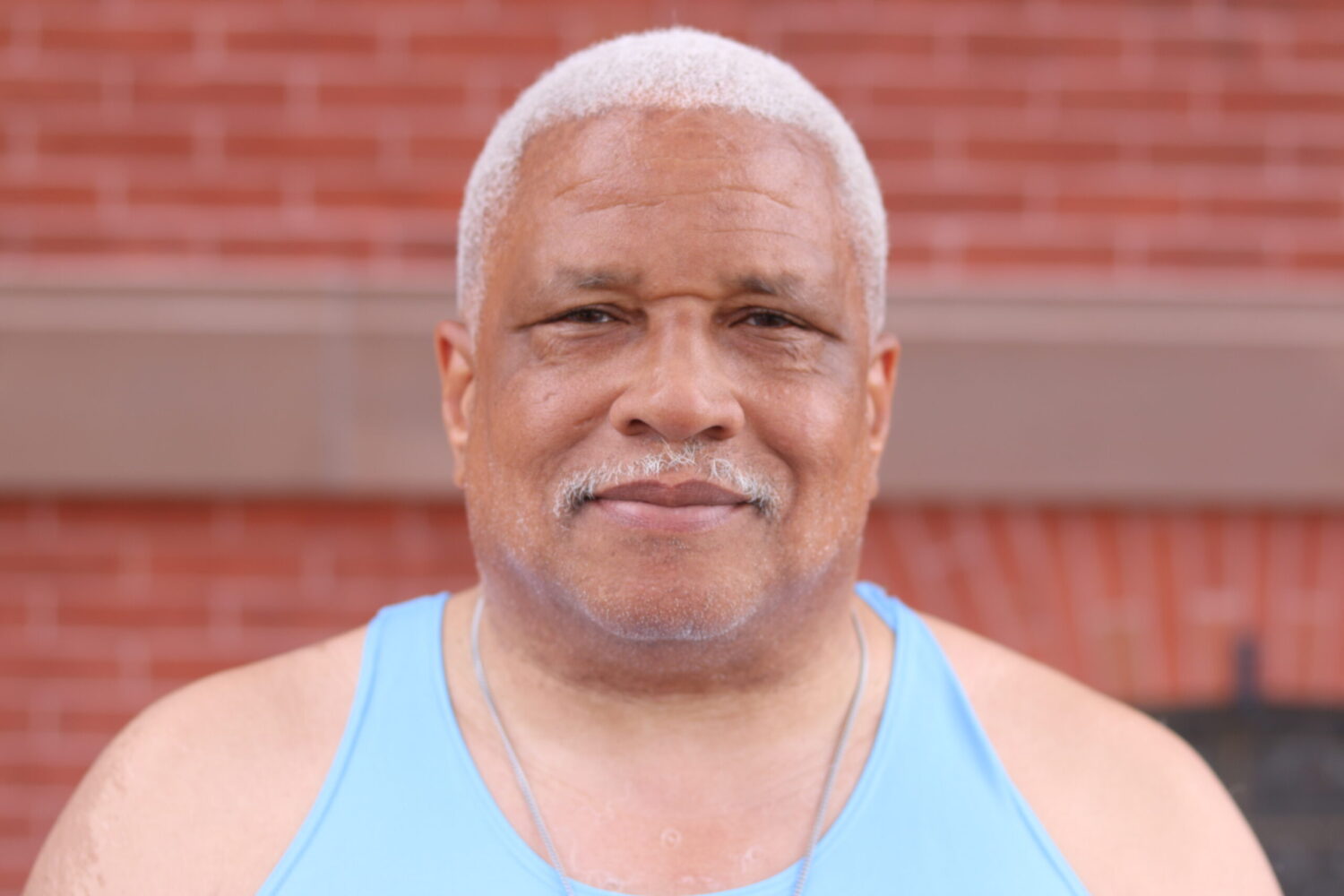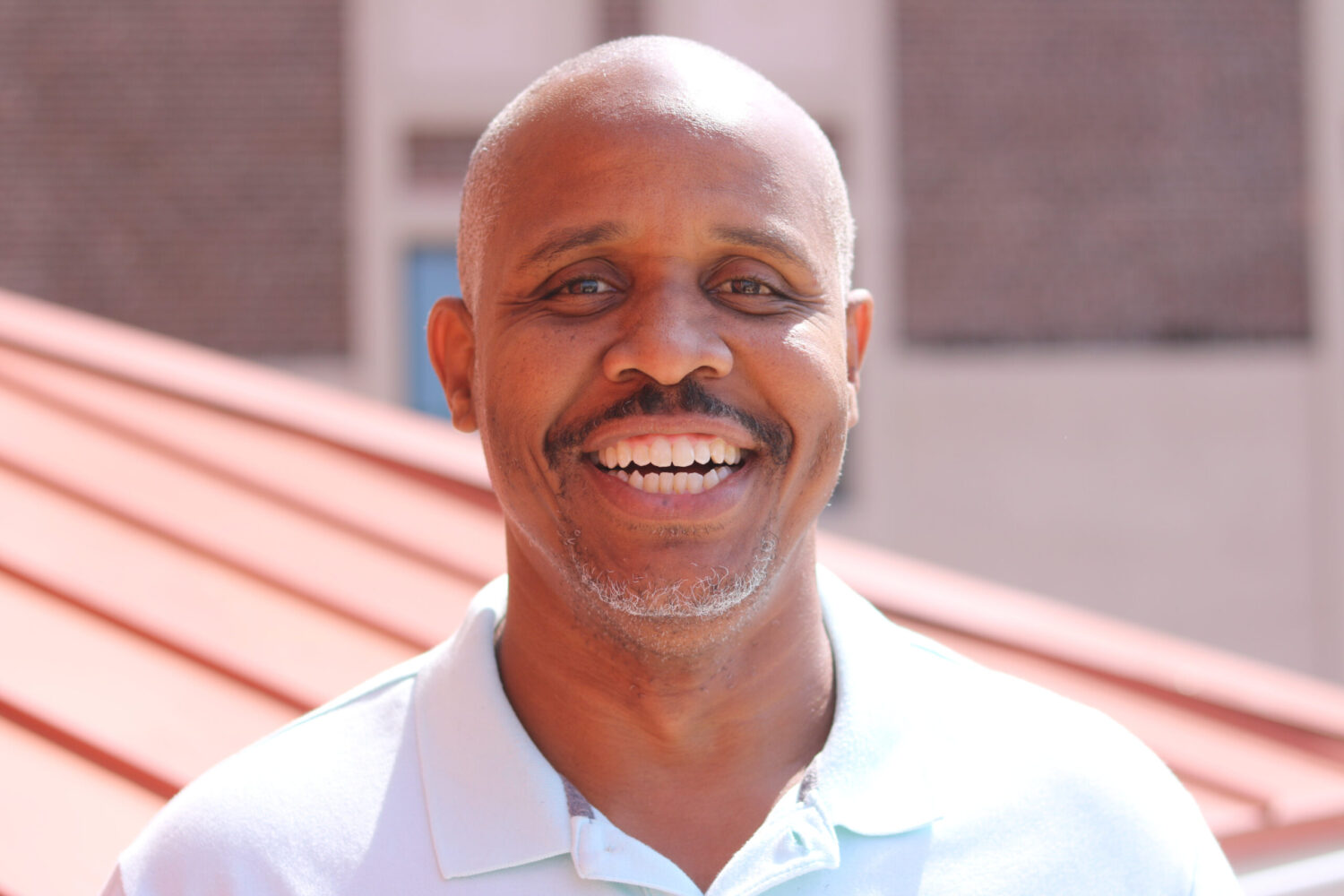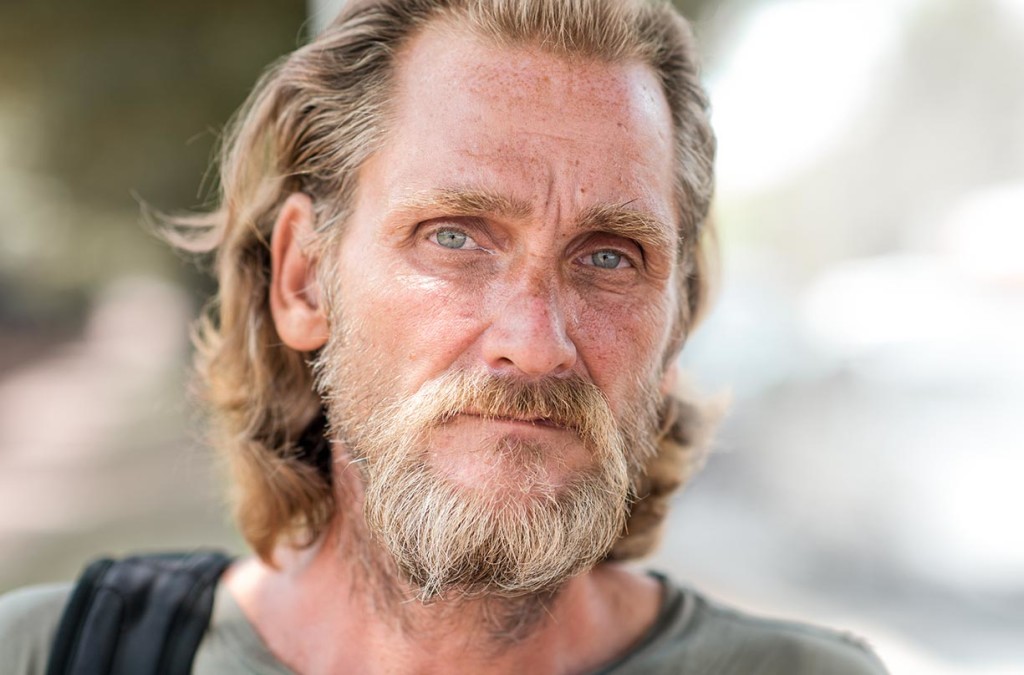1 in 9 people are fighting addiction in Greater Baltimore.
The consequences extend far beyond chronic
homelessness. They affect us all . . .
The Trouble with Charm City
No Easy Answers
Thanks to HBO’s The Wire, Baltimore’s drug problem is a part of the national conscience. Why it’s so bad here, though, is the subject of much debate and controversy. Whether it’s easy entry through the I-95 corridor, our busy Port of Baltimore, the proximity of Washington, Philadelphia, and other major East Coast cities, or some other reason . . . all may play a role.
Nor is the problem confined to low-income or minority neighborhoods, as many people wrongly assume. In truth, addiction does not know or care about a person’s race, culture, faith, neighborhood, education, vocation, financial status – none of those protect against addiction.
The consequences are devastating — and deadly.
Intoxication-related deaths are skyrocketing across Maryland, up by more than 60% in the last five years.
The drug economy is responsible for 85% of serious criminal activity in Baltimore.
There are an estimated 50,000 people in various stages of addiction in our community.
Chronic homelessness, poverty, neighborhood blight, and broken families are only a few of the most visible effects of this modern-day epidemic.
Band-Aid Solutions
Government, churches, non-profits, and the private sector have all grappled with the addiction crisis for decades, experimenting with a broad variety of anti-drug strategies:
Incarceration
Short-term rehab
Needle exchange
Job & education programs
While we don’t question anyone’s intentions, the problem with these responses is that they don’t address the root issues of addiction.
As a result, relapse is almost always inevitable.
Many men confess they’ve planned their next “high” while participating in court-ordered rehab. Parents admit feeling relief for a son’s prison sentence, because it at least compels a brief period of sobriety. Jobs programs, while an important part of recovery, cannot be the sole solution because they provide men in active addiction with resources to fund additional abuse.
And while the causes of addiction are diverse, the effects are almost always the same — a tailspin of increasingly self-destructive actions that lead to broken relationships, poverty, jail, and homelessness.
Even the misery of the streets — hunger, cold, violence — is not enough to break addiction’s grip. So the man stumbles, and all Baltimore suffers.
There Is a Realistic, Long-Term Solution
In our experience, at the heart of each man’s struggle is a tragic brokenness, often from childhood, that leads him to seek comfort or escape through chemicals or other compulsive behaviors. Only by addressing these core issues can he experience true, lasting freedom from addiction.
Helping Up Mission provides hope to men fighting addiction and homelessness through Christ-centered, scientifically sound recovery programs and services. These comprehensively address physical, psychological, social and spiritual needs over a period of at least one year.
Meet Clients Who’ve Made the Journey to Recovery
“It is for freedom that Christ has set us free.” Galatians 5:1a
Now it's up to us
Addiction and homelessness will be lessened in Greater Baltimore if concerned citizens will match hope with action. If each person will do what they can, hearts will heal, neighborhoods will thrive, and our community will be raised up. Join us and become part of the solution.




